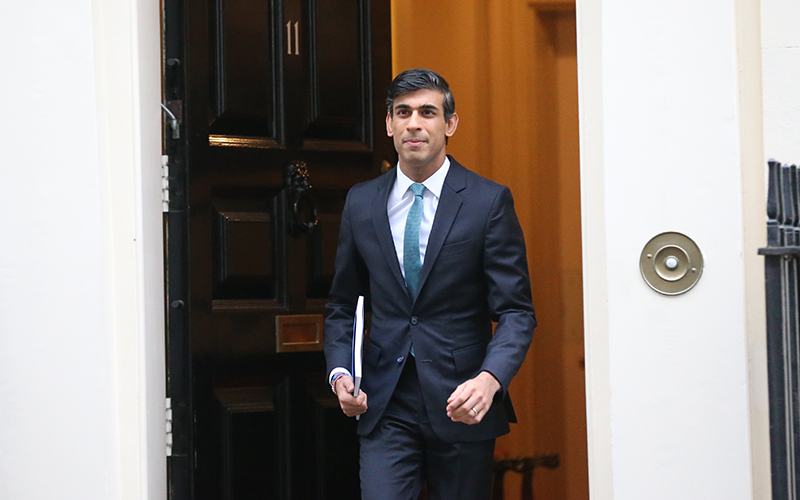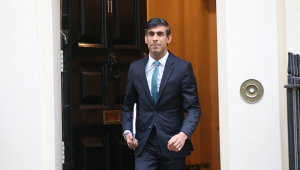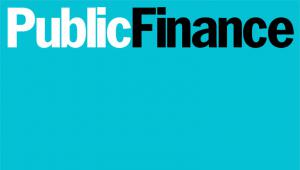
Chancellor of the exchequer Rishi Sunak. Image © Tayfun Salci, Shutterstock
Speaking before the Treasury Select Committee, the chancellor agreed with “the broader point” of a question about whether he believed the government had already reached the taxable capacity of the economy.
However, Sunak stressed the importance of having properly funded public services during the conversation about whether he plans to increase taxes amid the Covid-19 economic crisis.
“Fundamentally we don’t tax our way to prosperity... The flipside is we also have a lot of demands on public services, and they need to be funded,” he said.
Sunak told the committee he hopes the debate around taxation can be done “in the round”, taking this into account, warning of “tough choices in the coming few months”.
Earlier this week, the Office for Budget Responsibility, in a fiscal sustainability report, said that “in almost any conceivable world there is at some point likely to be a need either to raise some taxes or to reduce some existing spending commitments to accommodate new ones (for example in health and social care) and to put the public finances onto a sustainable long-term path”.
Pushed on whether the government will be looking at raising taxes, the chancellor said he could not comment on future fiscal policy, but said “strong and sustainable finances are important”.
Sunak was also asked about his review of the Treasury Green Book – used by central government departments to determine whether or not to spend public money.
The review was announced in the Budget earlier this year.
The rulebook is “not completely broken”, and uses a framework used internationally, Sunak told the committee.
“That said, we haven’t looked at it for a while and a lot of people have said the way that some of the underlying nitty-gritty calculations work might bias investment in a particular direction even though that’s not the policy objective,” he said.
Treasury director of strategy, planning and budget Dan York-Smith gave the example that investing in an area with higher house prices is seen as giving a "better return" using the current methodology, even though a better long-term economic impact might be achieved by investing elsewhere.











